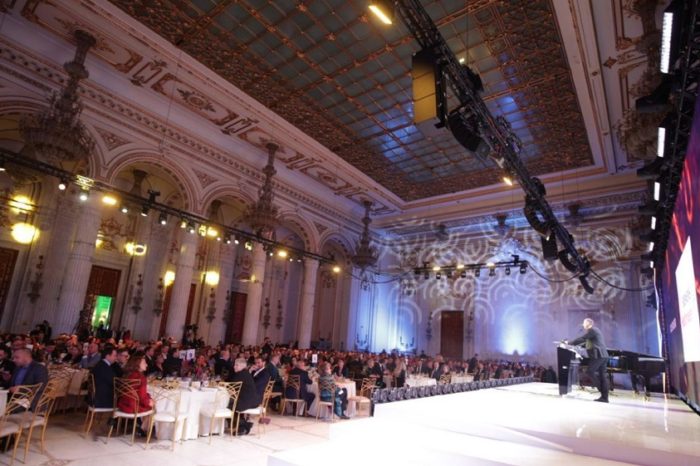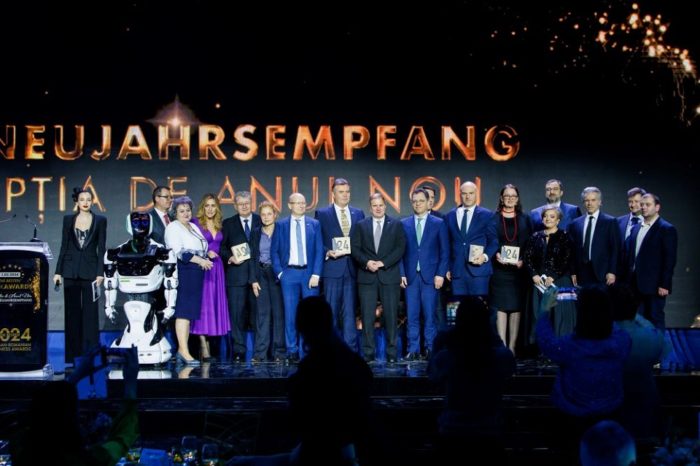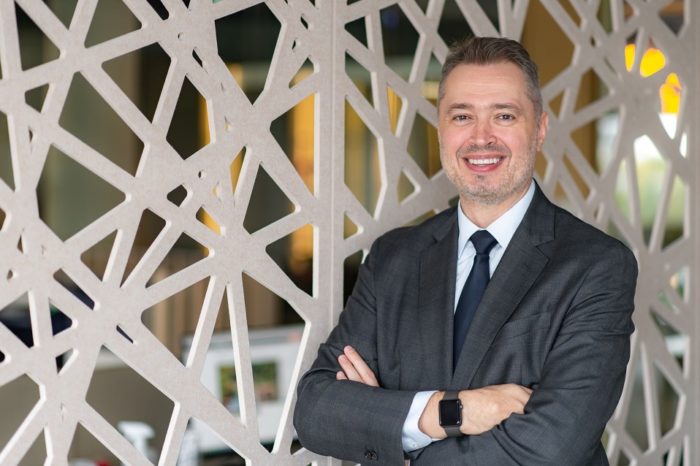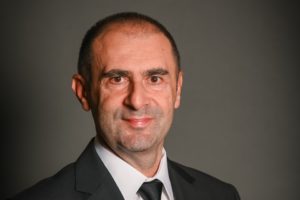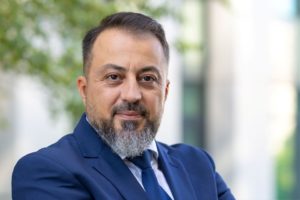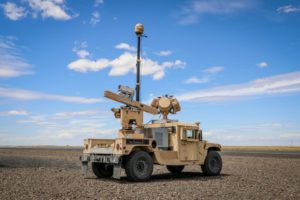The transport and distribution networks must be strengthened in order for Romania to become an energy hub at the regional level
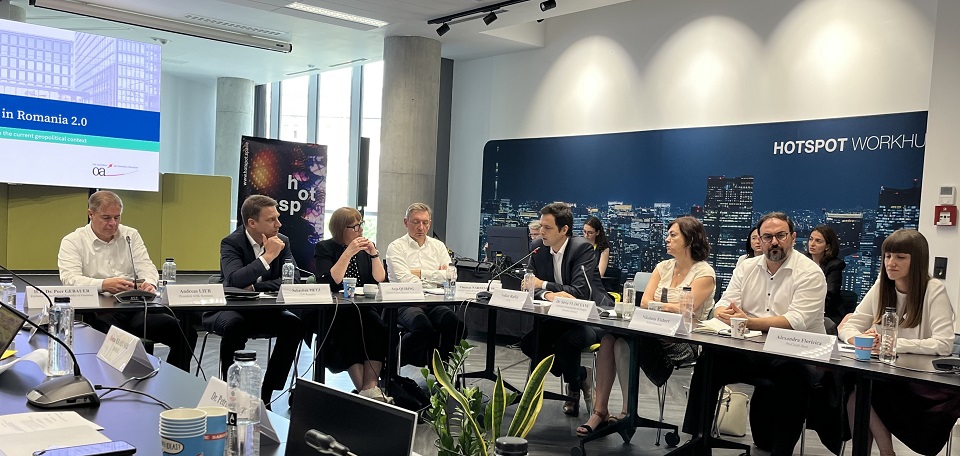
Investments in energy are necessary for the long-term development of the economy, and this means both increasing the production and distribution capacity, the representatives of the industry and state institutions in the field argued, on the occasion of the round table “Energy in Romania 2.0. Opportunities in the current geopolitical context”, organized by AHK Romania, in collaboration with the Ost-Ausschuss der Deutschen Wirtschaft (Committee of the German Economy for Eastern Europe).
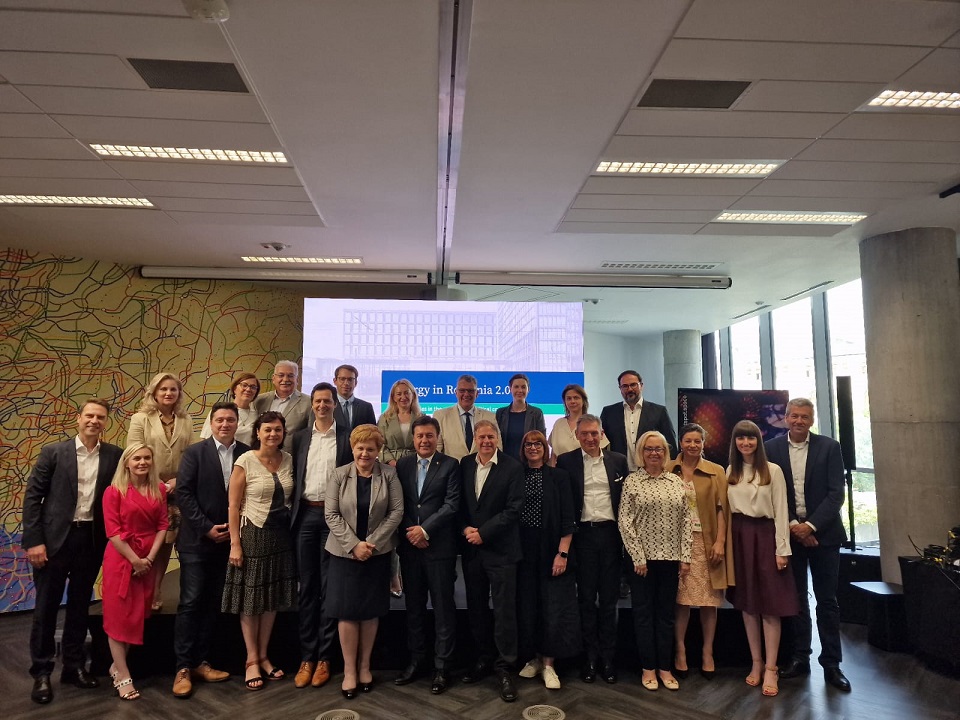
Increasing the distribution and transmission capacity is a priority, in order not to block the network with large flows of green energy, explained the general director of E.ON Romania, Volker Raffel. The company wants to invest in the development of the Romanian energy network and is in talks with the National Energy Regulatory Authority (ANRE) regarding the five-year regulatory framework for these investments. The regulations concern both the volume of investments and the distribution tariff. Greater investment will allow grids to take in more energy, including renewable energy, which will ultimately drive down its price.
“The good news is that, if we can invest at the expected level, this will be the cheapest solution for Romania. One reason is that what we build today will be refinanced over the next 40 years, so the impact on consumer bills will be limited. We also currently have the best chance of absorbing European funds, which will not be available indefinitely, but which will further reduce the burden on consumers. Last but not least, building now also means minimizing network bottlenecks. The occurrence of these blockages means less renewable energy reaching consumers, due to losses, and we are talking about millions of euros worth of energy,” explained Raffel.
Expectations are that tariffs will be adjusted to allow for these major investments in distribution networks. The costs will later be amortized by doubling the volumes of energy feeding the grid and by stabilizing grid rates per kilowatt/hour. The representatives of E.ON also requested the reopening of the energy market after the capping period. Due to the current uncertainties regarding energy market rates, it is difficult for a potential investor to establish a business plan for the coming years and make decisions regarding a future investment.
“Economic actors will act on the market’s signal, and in this sector market liberalization is a precondition,” said Volker Raffel.
In the current geopolitical context, in which Europe strives to maintain its competitiveness on global markets, Romania can play an important role.
“Romania has many advantages related to its geographical position. The country’s attractiveness continues to grow, thanks to its large resources in the energy sector and excellent opportunities for renewable energies. We expect significant new investments in the energy and industrial sectors. This will generate additional growth and the country will also contribute to improving the competitiveness of the EU”, said Andreas Lier, president of AHK Romania.
He specified that in addition to opportunities, there are also some challenges related to storage, transport and use electricity produced in the Dobrogea region. Romania is becoming an energy hub, both in terms of production and supply, but it is also becoming an energy transit country, something that involves many business opportunities, said the ambassador of the Federal Republic of Germany in Romania, Dr. Peer Gebauer.
“Energy is not only a matter of business, but also of survival, if I may use a dramatic word. Russia’s attack on Europe began not necessarily in a military sense, but in a hybrid form, and if we want to survive this attack we must be resilient and competitive. And affordable energy for our industry is key to our defense,” he added.
The round table, moderated by the general director of AHK Romania, Sebastian Metz and the director of the German Economic Committee for Eastern Europe, Anja Quiring, was attended by representatives of the companies, relevant ministries from Romania and Germany, the Chamber of Deputies, the Chancellery of the Prime minister (including Florin Spătaru, state councilor) and non-governmental organizations.
“I am glad to note that we are all in the same boat, we are for dialogue and cooperation and we all want to create well-being. Thank you for opening up, together we will set the boat in motion”, concluded Sebastian Metz.
AHK Romania – Romanian-German Chamber of Commerce and Industry is the official representative of the German economy. Established in 2002, AHK counts more than 630 member companies and offers companies an important platform for networking, information exchange and experiences. Through the services it offers and through the events it organizes, AHK Romania actively supports German companies when they enter the Romanian market and is also a partner of Romanian companies interested in the German market. From January 1, 2020, the Competence Center for the Republic of Moldova also operates within AHK Romania. We thus want to intensify business relations between companies from Romania, the Republic of Moldova and Germany and to contribute significantly to the economic development of the Republic of Moldova.



